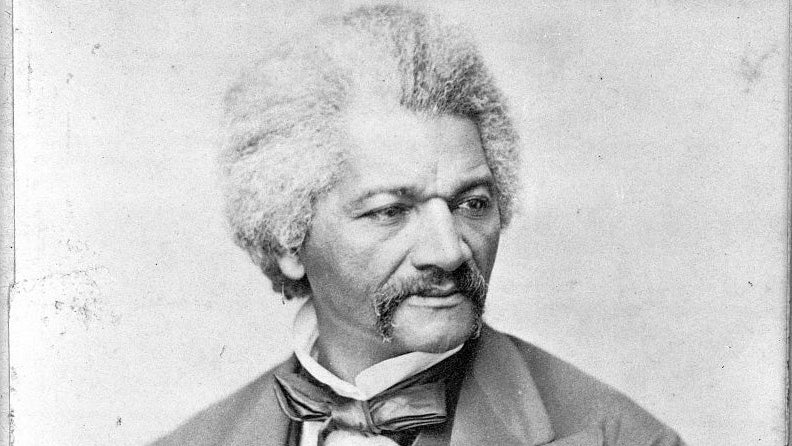For most of American history, Black religious traditions have been a refuge, resource, and form of resistance for Black people of faith. For those seeking respite from life’s trials and tribulations, Black religion has been a refuge. For those seeking spiritual guidance, instruction, and renewal, it has been a resource. And for those wanting to oppose anti-Black racism in culture and society, it has been a source of communal resistance.
It is a commitment to this heritage of communal resistance that has kept Black religious communities at the center of the movement for racial justice for centuries. Primarily, this movement has mostly consisted of Black faith communities using their people-power and public moral witness to oppose various forms of discrimination and prejudice in American society. It is this heritage of communal resistance that is so important to the current multi-faith fight against racial injustice in the United States.
Presently our country is amid a racial reckoning of sorts, where individuals and institutions are being pushed to grapple with what role they are playing in helping undo the horrible white supremacist legacy of America. A major part of this involves taking seriously anti-racism work and the advance of diversity, equity, and inclusion in various spaces. Anyone paying attention will note that people of faith across the country are engaged in helping advance this anti-racist agenda in significant ways.
We see this in the work of the Social Welfare Committee of the Buddhist Churches of America. We see this in the anti-poverty-economic justice work of the Poor People’s Campaign. We see this in the criminal legal reform work of the multi-faith movement to End Mass Incarceration. We see this in the prison reform work of the Council for American Islamic Relations. We see this in the anti-bullying work of the Sikh Coalition. We see this in the anti-police brutality work of the Unitarian Universalist Association. We see this in the broad support within the Jewish community for resistance to anti-black violence and hatred.
To be sure, there are groups that understand themselves to be rooted in faith that are working vigorously to oppose the movement for racial justice. This fact, we must acknowledge. This is why it is important that faith-rooted racial justice work be supported because, at its best, it serves as a counterbalance to religious groups that support the racial status quo in our country.
Given the deep and wide anti-racism experience that Black faith communities and leaders have, it’s important they remain in the vanguard of all this renewed faith-based racial justice energy. But I argue the agenda for Black religious engagement in the racial justice movement must shift. For far too long Black religious movement workers have been forced to join in leading the burdensome and exhausting work of exposing and addressing episodes of racial discrimination and prejudice in its various forms. Though this work still needs to be done, Black religious communities can no longer afford for this work to take up so much of the agenda. Reforming majority-white spaces and white-led institutions is important but there is also other work to be done.
Here I’m speaking about the need for Black religious communities involved in the fight for racial equity to move more toward the work of structural change and power building. This means spending more time creating spaces that affirm Black life and spending less time fighting for affirmation in spaces that have historically denigrated Black life.
Practically, this will require Black faith communities in churches, mosques, synagogues, and temples to invest more time in developing plans rooted in cooperative economics and community protection. It will require Black faith communities to center the practice of congregation-based organizing so there can be an infrastructure to mobilize the masses around issues of collective importance. It will require Black people of faith to create more community laboratories where people can ideate and strategize new possibilities for black liberation and social independence.
This is the Black religious agenda desperately needed in the current fight for racial justice in America and this Black History Month is a good time to begin taking it seriously.


